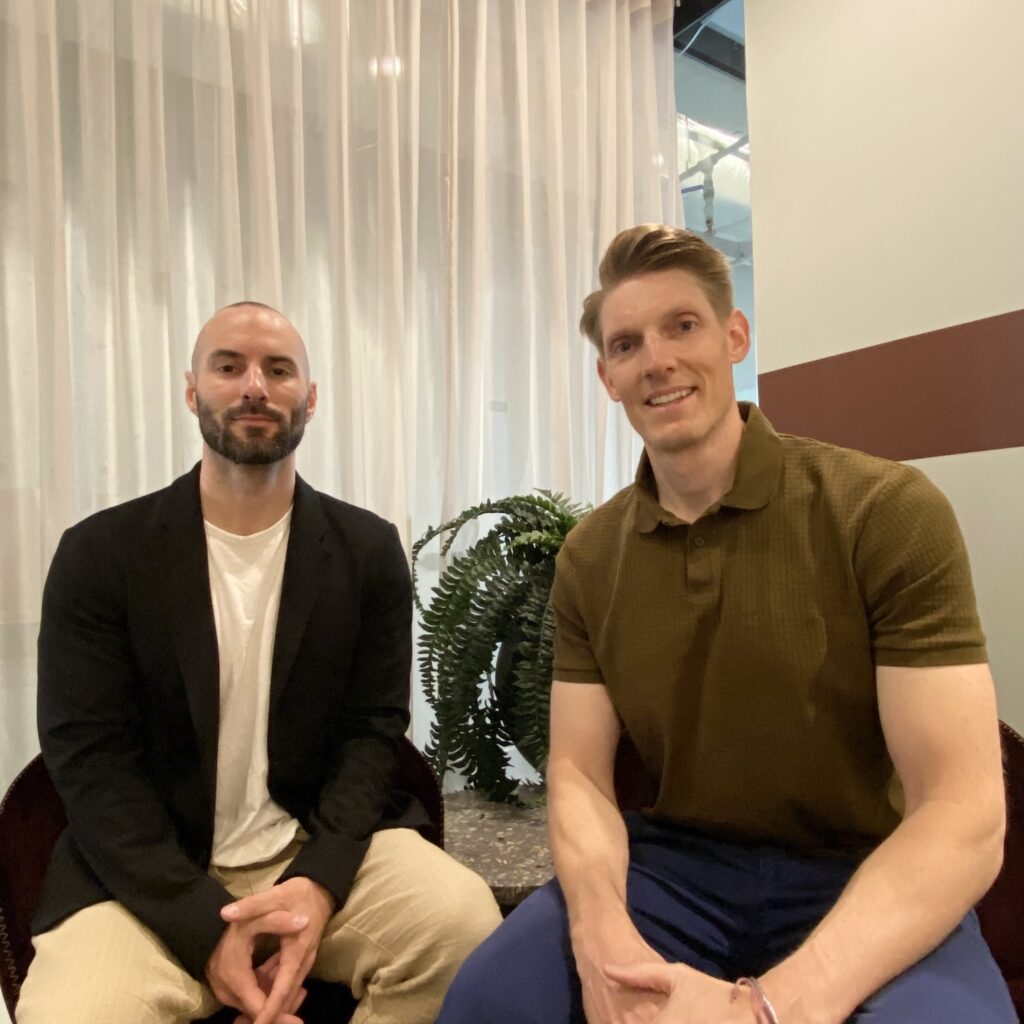Publishers are eager to work with big agency holding companies, but small and midsize brands (SMBs) get less publisher love, despite having great cumulative dollars to spend.
And that’s partially due to access.
SMBs lack the resources – the ad tech tools, time, money and people – to assume the media-buying operation across so many publishers and platforms. And it’s impractical and time-consuming for publisher salespeople to reach out individually to indie agencies for slivers of spend.
To help bridge this disconnect between SMBs and media platforms, Media Disco recently launched its self-serve ad-buying platform. The company pre-negotiates custom rates with media platforms across “every form of media, with the exception of linear TV and terrestrial radio,” said co-founder James Allen.
Thus far, Media Disco has 14 vendors selling inventory via its new SMB activation packages, including Aki, Azerion, Good-Loop, LoopMe, PadSquad and Sabio.
On top of these approved sellers, more than 250 direct media partners have storefronts on Media Disco.
The nitty-gritty
Facilitating matches is what Media Disco is all about.
Allen and his co-founder, Joey Medici, have worked at major media agencies, including the Dentsu agency Carat. They have firsthand experience with the power of holdcos to secure “the best of the best” for their clients, and Allen said they wanted to bring some of that advertising power to the roughly 32 million small businesses in the US.
Buyers can take two pathways to create deals on Media Disco, according to Allen.
One option is to submit an RFP outlining the parameters of the campaign, which media partners can use to create deals. The second option is for advertisers to browse pre-packaged deals on the marketplace and choose which match their objectives, formats and channels for the campaign.
If buyers filter by activation package, they can sort by audience characteristics like age range, household income, general interests and purchase intent, Allen said. They also choose channel type, such as display or rich media, and budget range.
Buyers can also narrow down media partners using criteria like inclusion, including race, ethnicity or sexual orientation; privacy compliance (e.g., GDPR, COPPA or HIPAA); and whether publishers offer sustainable media products – such as carbon offsets – or measure carbon emissions.
Advertisers can then customize the deals, adding in flight dates, brand safety notes and additional creative assets before the deals go live.
Testing the waters
Independent shop Left Off Madison has clients that sometimes don’t meet the minimum spend thresholds for service on Google’s DSP or The Trade Desk. (An SMB’s ad spend can vary greatly by season, or even hibernate, so to speak.) Part of the SMB services offer is to accommodate that flexibility and sometimes lower floors for spend.
For Left Off Madison, the Media Disco service means clients and the agency don’t have to do “a million Google searches” on the waves of new media partners out there, said Co-Founder and President Boris Litvinov.
“It’s not like we have access to the open exchange, where we’re running prebid logs to understand what’s happening,” Litvinov said.
The agency pays Media Disco a 20% deposit upfront to begin a campaign and the remainder of the balance once campaign reporting comes back.
For instance, when Left Off Madison wanted to target golfers who might be interested in buying a particular set of headphones made by the Panasonic-owned brand Technics, Media Disco simplified and sped up the deal-buying process.
Instead of spending weeks mired in planning, the agency quickly connected with Azerion, a programmatic agency services company, and after some due diligence had the pre-populated deal ready to go live within a week.
“Left to our own devices, it’s unlikely that we’d connect [with Left Off Madison] for something as specific as this activation,” said Azerion sales VP Billy Delp. Even if Azerion had the bandwidth to reach out to the agency, it couldn’t know what the advertiser is looking for to create a specific deal that meets those requirements.
To find the right audience for Left Off Madison, Azerion scanned its publisher network for golf-related content and hip-hop or headphone content. “Using Boolean logic,” Delp said, “we marry the two together and say, ‘Folks who fall into this category and this category are our perfect match.’”












